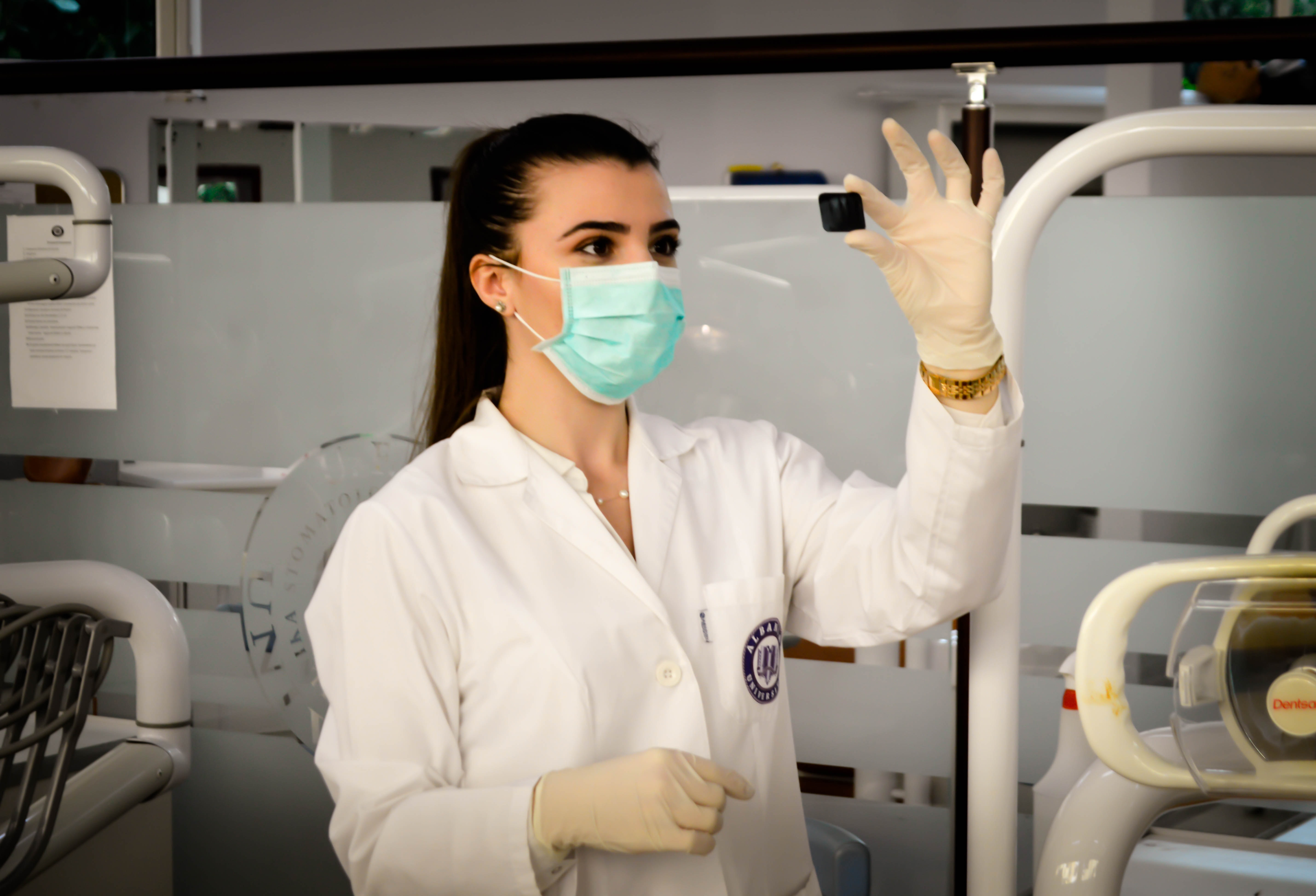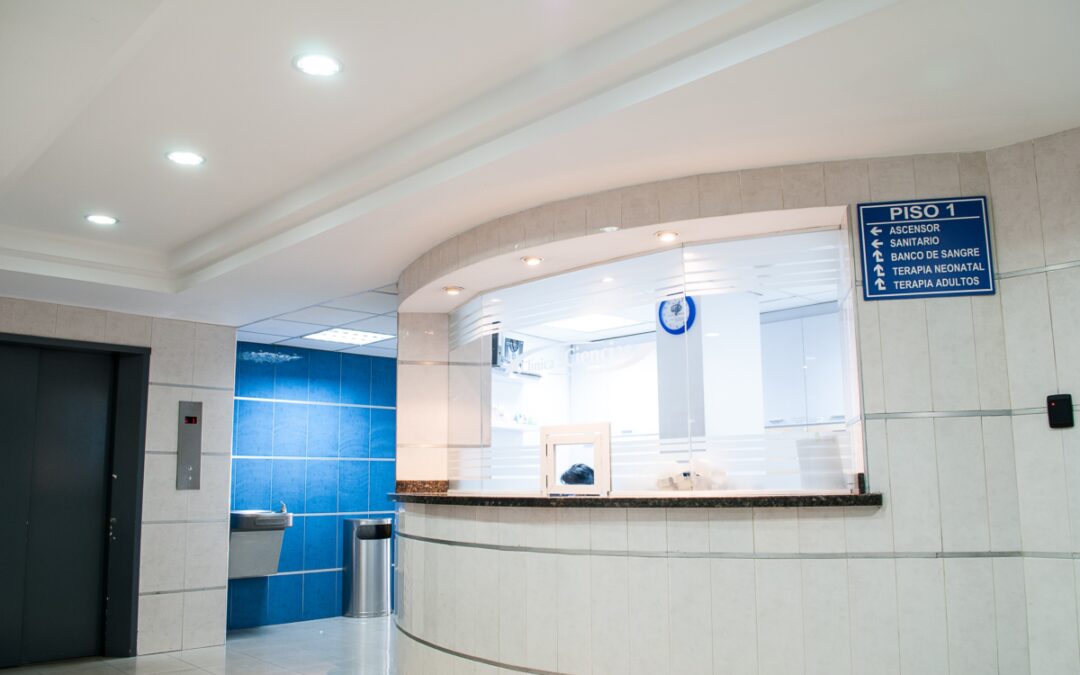Data Security in Healthcare Facilities absolutely Needs to Be a Priority.
The cost of breached data is astronomical, with healthcare issues proving to be the most problematic of all.
In 2018, 15 million patient records were compromised as seen by the healthcare sector in 503 breaches. That is three times the amount that was recorded in 2017.
Cyber security should be a huge concern to healthcare professionals in every avenue. Data stolen from patients isn’t nearly as valuable as stolen financial information.
The motive behind selling and stealing medical data can be hard to understand. However, it is abundantly clear that cyber criminals are putting a lot of energy into attaining and devising security in healthcare. So what can be done?

1. Provide Healthcare Staff With the Right Resources to Improve Security
Simple mistakes are one of the biggest reasons that dangerous security breaches occur. 90% of cyber attacks come from shady emails, believe it or not.
These emails, of course, always look personal and realistic. This is why it’s so important for healthcare staff to have the right computer literacy training. Make security awareness a priority and provide training to staff so everyone has the same level of understanding.
It’s also incredibly important to, of course, educate on how to create very difficult, impossible to guess passwords for all applications used at work and include this as part of your data security healthcare plan. This could be the difference between having or avoiding a major security breach.

2. Restrict Healthcare Staff’s Access to Certain Applications, Resources, and Data
Be sure that staff members only have access to the information that they absolutely need for their job position. This is where access control comes in. There really is no reason for every single healthcare staff member to have access to everything.
Be sure that your access control management is totally comprehensive. Not only will you need to give digital permission to the right staff while they utilize the software, you have to make sure that the wrong people can’t get into areas of the facility that would allow them access to sensitive data or documentation.
The wrong staff member with sensitive data privy to your data security healthcare plan could be detrimental.

3. Monitoring and Logging Usage
Logging usage and access data is another crucial piece to protecting patient’s information, monitoring who is accessing what info, applications, and other resources from where and on what devices.
This is essential in giving you answers if a data breach were to occur. You are then able to take steps to improve weak areas of your plan and better secure them for the future.

4. Encrypting Data
Logging usage and access data is another crucial piece to protecting patient’s information, monitoring who is accessing what info, applications, and other resources from where and on what devices.
5. Making Sure Mobile Devices and Tablets are Secure
It’s pretty common to access data on mobile devices, which means they definitely need to be secured. Once again, having a strong password is essential. Also is encrypting application data and taking other safety precautions in your plan for data security in healthcare.
6. Reducing Connected Device Risks
Connected devices are taking all kinds of forms these days. In healthcare, everything from medical devices to blood pressure monitors, and cameras used to monitor security of the facility could be connected to one main network.
7. Conducting Risk Assessments Regularly
Regular data security in healthcare risk assessments can identify weak areas in an organization’s security. It can also analyze the areas that show shortcomings in staff education and any other potential concerns.
8. Taking Advantage of Off-Site Data Backup
Off-Site data backup is so essential in terms of disaster recovery. If, by some chance, a data breach occurs in your data security plan, or you somehow lose important information or records, you’ll still be able to track down what you need from another location.
9. Evaluate Business Associate Compliance
Evaluation of all staff is one of the most crucial security measures that healthcare organizations can take. It needs to be made sure that any business associates/staff are taking the same measures in order to keep all data safe.
Medical Devices and Security
The FDA issued guidelines for data security in medical devices should also be acknowledged. Security in medical devices could be a unique threat because of technology diversity. When exploited, data breaches are prone to occur and can negatively affect patients that rely on medical devices. It is unique and extensive but worth noting in order to ensure complete and total data security in healthcare.


